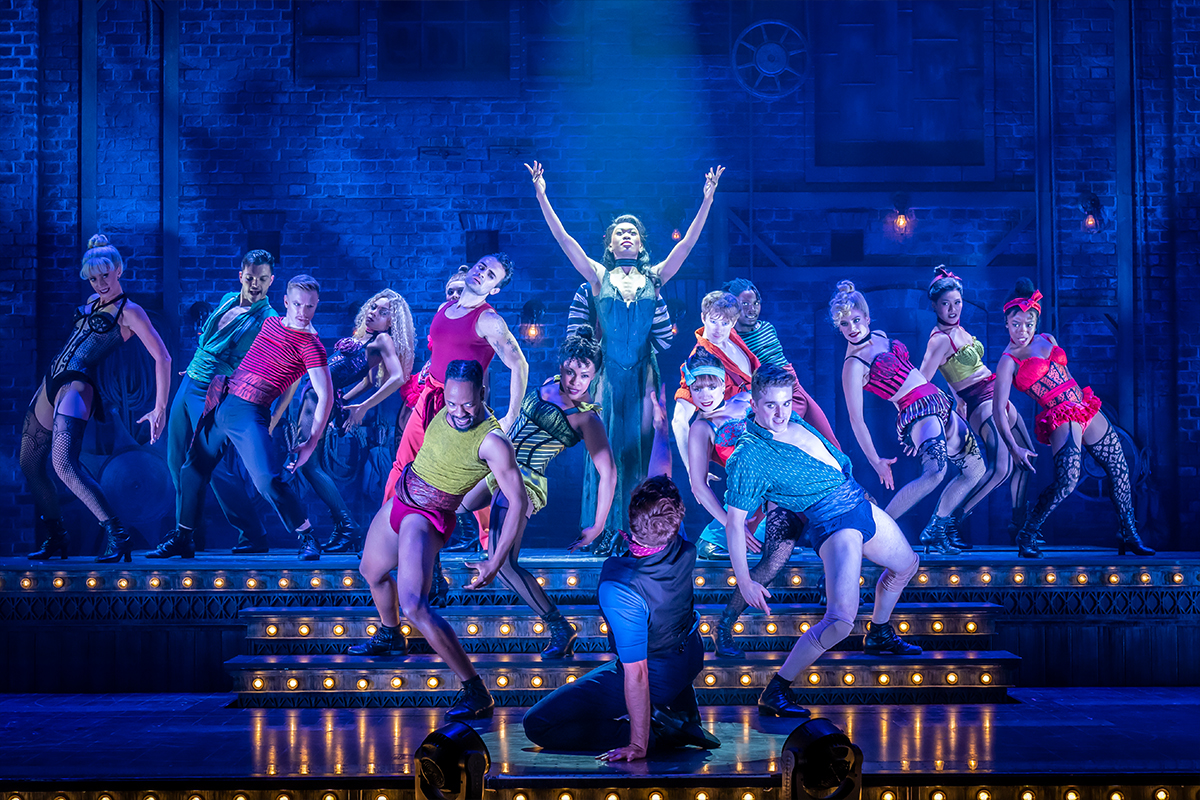Eugene Onegin
Tchaikovsky’s best-known opera is a bold choice for a small regional company; it requires accomplished singing from the principals and a measure of spectacle for the scenes including dance. Robin Martin-Oliver’s production achieves the first with some talented young performers but is less successful with the second – partly due to an over-ambitious lighting plot.
Lindsey Docherty is a powerful Tatyana, suitably gawky in her romantic view of life and men in the Larina household scenes and flowering into a woman of real presence and maturity in the last act. The letter scene is a major test for any singing-actress, and she passed it. By contrast Angharad Lewis slightly overdid Olga’s kittenish behaviour but produced a strong mezzo shown to its best advantage in the first scene duet and quartet.
Both Lensky and Onegin are young men, and this comes over in the casting of these roles. Hugh Tucker gives the decency of the young landowner and his genuine love for Olga, so quickly firing into anger. His phrasing of his big aria before the duel in the second act reflected this movingly. Luke Williams, bearing an uncanny resemblance to Soames Forsyte in the most recent television adaptation of Galsworthy’s novels, has the arrogance of the town gallant rusticating and projects a sense of dangerous boredom right through to his later encounters with Tatyana.
Prince Gremin’s last act aria is one of the opera’s show-stoppers and it was well sung by Jon Oppenshaw; he also doubled the second act role of Captain Buyanov. Monsieur Triquet is a bit of a parody part, and that’s how Alex Wingfield gives him. I’m at a bit of a loss over precisely which period of Russian history we’re supposed to be in – the peasants suggest that they might be on the verge of rebellion and the costumes are vaguely early 20th century. The rhyming couplets of the David Lloyd-Jones translation no longer seem apposite, even if they do mirror Pushkin’s own verse form.
– Anne Morley-Priestman










